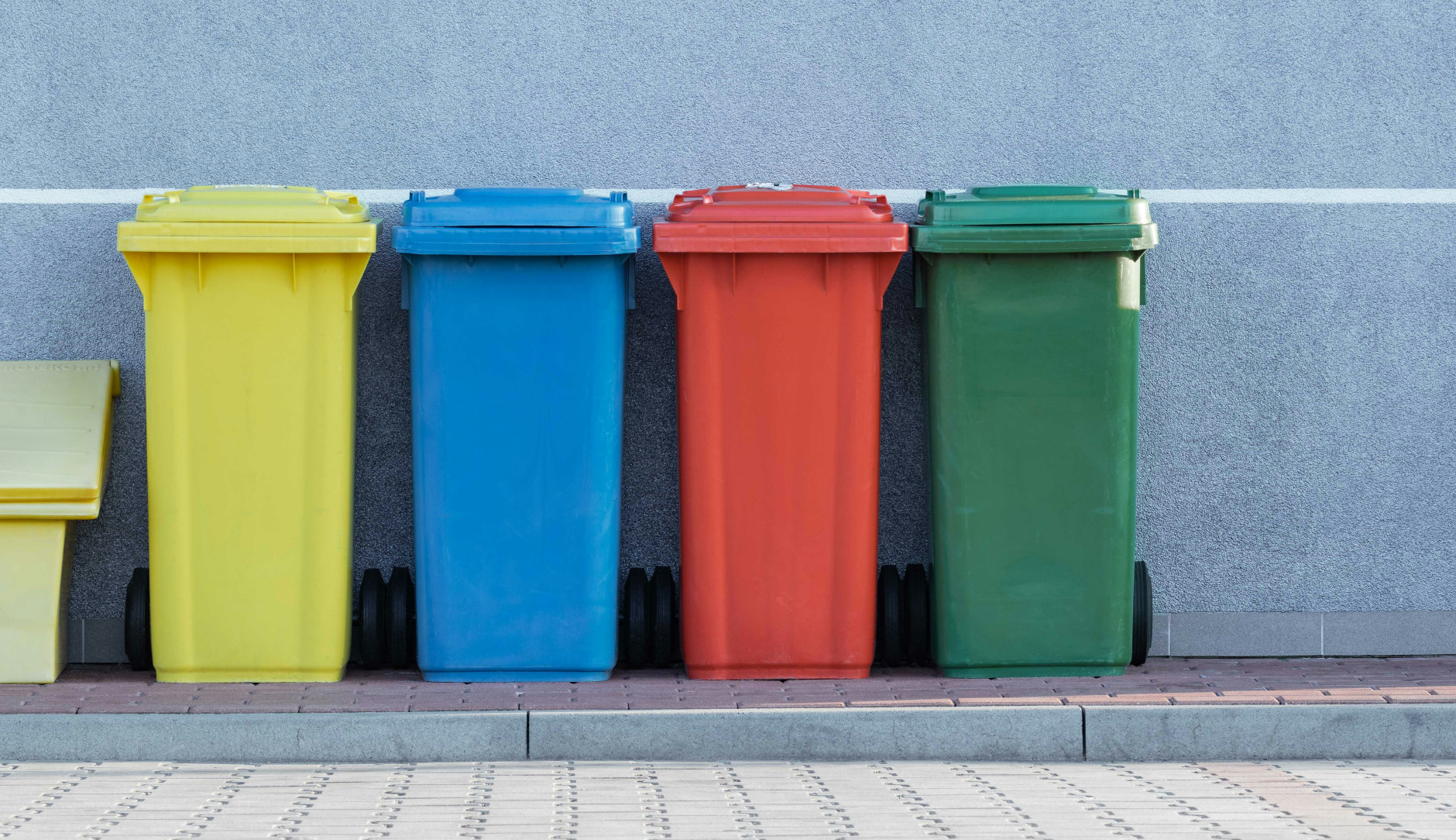New waste regulation in Tervuren: A system that harms citizens instead of serving them
During Thursday evening's municipal council meeting, Geoffroy de Visscher, councillor for Tervuren Unie + Volt, lashed out firmly at the new waste scheme soon to be introduced in Tervuren under the so-called DIFTAR system.

According to de Visscher, the system, which provides for payment per kilogram of waste instead of per bag, ‘is not only more expensive, but also ill-considered and risky.’ His intervention comes after he, like many other residents, was informed of the impending changes through the town’s publication ‘Tervuren Info’.
I almost fell off my chair when I read that this system would supposedly be ‘fairer’ and ‘cheaper’ for those who sort properly. The reality is just the opposite," de Visscher said. “In almost all the simulations I did, families pay between 2.5 and 5 times more than today.
Today, a family of five pays about 51 euros a year for residual waste. With the new system, that could rise to more than 230 euros a year, even with a lower average waste volume.
Less service, more risk
Mr. de Visscher also stressed that it is not only the cost price that is problematic, but that the service will also deteriorate significantly.
Collection will henceforth be every two weeks instead of weekly.
In the centre of Tervuren, waste Will no longer be collected: residents will have to go to underground containers themselves.
Older residents or people with limited mobility face serious barriers as a result.
Mr. de Visscher also warned of various risks associated with the new system:
Increase in litter due to higher costs.
Misuse of containers.
Theft or damage to containers, with no clarity on who will pay for it.
Odour nuisance and pests, especially in summer periods, with fortnightly collection.
Technical breakdowns or vandalism to underground containers, leading to blockages.
Uncertainty about the transition period, with risk of unused waste bags or additional costs.
No financial benefit for the municipality.
According to de Visscher, it is even highly uncertain whether the municipality will benefit financially from this change. In the 2024 municipal budget, 3.8% of the budget went to waste management — significant, but not excessive.
My fear is that the municipality will continue to pay what it is paying now, while citizens will pay a lot more to Interrand on top. The only benefit seems to be for Interrand itself.
Decision
Tervuren Unie + Volt seriously questions the way this decision was reached and calls for transparency, consultation, and adjustment:
The current system did not work perfectly, but was understandable and manageable. We are not advocating a standstill, but rather a balanced approach in which citizens do not again bear the brunt of ideological choices and bad policies.